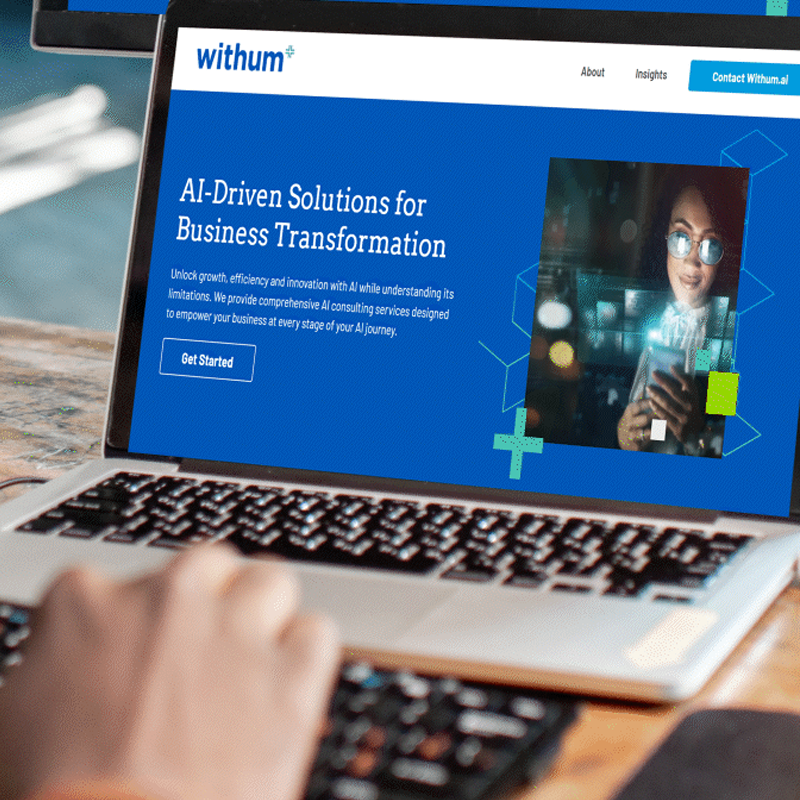The incredible evolution of Artificial Intelligence (AI) has impacted countless industries with its integration, providing an increased level of efficiency and streamlining many processes. Forensic accounting and related investigations have also begun to incorporate AI and Machine Learning (ML) techniques. While there have been remarkable benefits to utilizing AI and ML methods, there inevitably are also risks when it comes to these new practices.
The Benefits of AI and ML Techniques in Forensic Accounting
One of the major ways that AI and ML techniques can improve forensic accounting methods is their ability to classify data. What was once a tedious and time-consuming task has now been made significantly easier and faster. AI in fraud investigations enables professionals to identify patterns, detect anomalies, assist in risk assessments, and flag suspicious activity more effectively, especially when reviewing large volumes of transactional data.
In addition to speed, one of the most pivotal improvements in utilizing AI in forensic investigations has been its capability to analyze large sets of data, noticeably reducing the amount of hands-on analysis. AI and ML techniques can also be applied to forensic accounting in the transaction review process, in the areas of recognizing patterns and deciphering information that may point to fraudulent activity or incomplete data.
Data analytics has been a popular tool in detecting anomalies, but AI brings a new level of sophistication by identifying broader patterns or subtle indicators of fraudulent activity. According to the Journal of Accountancy, AI has the capacity to self-learn, so accurate anomalies of potentially fraudulent activity “can help the system learn to place a greater emphasis on transactions or data with similar attributes.”
AI Solutions That Deliver Results
Explore withum.ai, your resource for AI implementation and production-ready solutions. Find expert insights and practical guidance to move your business from ideas to impact.
The Risks of AI and ML Techniques in Forensic Accounting
Despite their benefits, AI and ML applications also present challenges that must be carefully managed. The outputs of AI models are not always transparent or easy to interpret, which can pose challenges in a field that demands a high level of assurance and accountability. Forensic professionals have to consider the potential for error in AI-generated results and only rely on those insights when appropriate controls, validation procedures and human oversight are in place. A sound AI strategy in this context should include rigorous risk assessments, clear thresholds for model performance and a framework for ongoing monitoring to ensure outputs meet the standards expected in investigative and litigation support work.
Additionally, as individuals, we run the risk of becoming too reliant on AI and less dependent on our own critical thinking and problem-solving skills. Furthermore, AI hallucination can occur, where false outcomes are generated even when correct data is input. Overall, if AI and ML techniques are to continue to be utilized in forensic accounting, it is imperative that quality assurance and our own human judgment are still an integral part of the process. We can rely on AI for certain functions, but it’s important to remember that it’s not the answer to everything, nor is it the sole technique we should be utilizing in our work.
AI may enhance efficiency, but it won’t replace the need for human expertise in forensic investigations. Val Orekhov, Partner and Market Leader at Withum, notes that human judgment remains critical, especially in high-assurance work, and that the competitive impact of AI is already being felt:
For applications that require a high degree of assurance, AI will be a tough sell due to the need to maintain accountability for advice given. That said, even though human experts will still be relied upon, the downward pressure on rates is not to be dismissed. AI is a form of automation and will lead to increased competition among forensic providers—some looking to pass on savings to clients, others seeking new ways to augment their value and justify current fees.
Val Orekhov, Partner and Market Leader, Withum
With the promising applications of AI and ML continuing to evolve, their effectiveness on forensic accounting and related fraud investigations is still to be determined in many ways. As organizations explore the potential of AI in fraud detection and forensic accounting, maintaining human judgment, critical thinking, strong governance and safety measures will be essential. As long as these principles prevail, the possibilities of how AI and ML can impact the profession remain positive and exciting.
For more insights on responsible AI use in business, visit withum.ai.
Author: Carolyn Jeffrey | [email protected]
Contact Us
Contact us to learn more about the practical applications of AI in forensic accounting.





